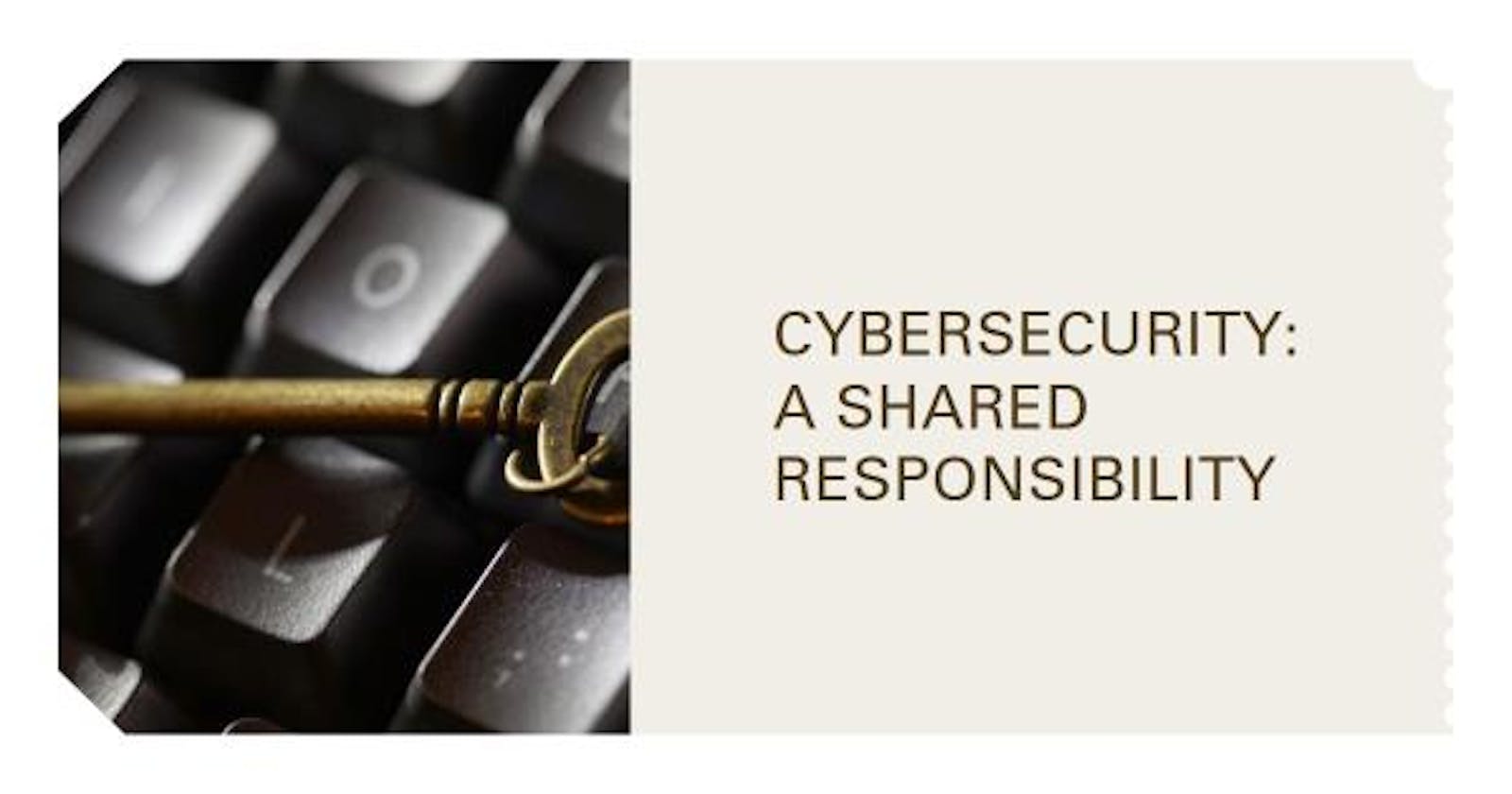In a cutting-edge interconnected world, where digital landscapes dominate each side of our lives, the importance of cybersecurity has grown exponentially. The digital realm has brought unparalleled comfort and innovation, however, it has additionally exposed us to unprecedented risks. In this age of information, it is quintessential that cybersecurity turns into a shared situation and hobby for everyone. The ramifications of lax cybersecurity practices extend way beyond individuals and agencies – they have the manageable to have an impact on the very cloth of society.
Understanding the Scope of Cybersecurity:
Cybersecurity encompasses a broad spectrum of practices aimed at protecting digital systems, networks, and data from unauthorized access, attacks, and breaches. It spans from safeguarding personal information to defending critical infrastructure and national security. In an era where almost every aspect of our lives has a digital counterpart – from communication and finance to healthcare and transportation – the need for robust cybersecurity measures cannot be overstated.
The Interconnected Nature of Cybersecurity:
Cybersecurity encompasses a large spectrum of practices aimed at protecting digital systems, networks, and statistics from unauthorized access, attacks, and breaches. It spans from safeguarding personal information to defending integral infrastructure and country-wide security. In an era where almost every issue of our lives has a digital counterpart – from verbal exchange and finance to healthcare and transportation – the need for strong cybersecurity measures can't be overstated.
Personal Privacy and Security:
At the individual level, cybersecurity is essential for keeping private privacy and safeguarding sensitive information. With the growing amount of personal information saved online, consisting of monetary records, clinical history, and non-public communications, the risk of identity theft and privacy breaches is substantial. Taking simple measures like using strong, special passwords and enabling multi-factor authentication can drastically enhance personal cybersecurity.
Economic Implications:
From small agencies to large corporations, cybersecurity directly affects financial stability. Cyberattacks can lead to monetary losses, reputational damage, and even bankruptcy. Moreover, a single breach can compromise patron trust, main to a loss of business. It is consequently in the interest of companies and employees alike to prioritize cybersecurity as a phase of their operations.
Safeguarding Critical Infrastructure:
Beyond individual and enterprise concerns, the protection of vital infrastructure, such as electricity grids, transportation systems, and healthcare facilities, hinges on wonderful cybersecurity. An attack on these systems ought to have devastating consequences, affecting public safety and disrupting vital services. By prioritizing cybersecurity, humans make contributions to the standard resilience of their communities and nations.
Educational Empowerment:
Fostering a culture of cybersecurity begins with education. It is indispensable to equip people with the knowledge and equipment imperative to protect themselves and their digital environments. Schools, workplaces, and neighbourhood corporations can play a pivotal role in raising recognition of cyber threats and promoting quality practices. By supplying resources and training, society can together beautify its cybersecurity posture.
Collaboration and Information Sharing:
Cybersecurity is no longer a venture that any person or employer can overcome in isolation. Collaborative efforts and information sharing are integral factors of a strong protection strategy. Governments, non-public region entities, and men and women should work collectively to discover emerging threats, share insights, and strengthen high-quality countermeasures.
Conclusion:
As we navigate the ever-evolving digital landscape, the significance of cybersecurity becomes extra evident with each passing day. The interconnected nature of our digital world underscores the need for collective responsibility. By recognizing that cybersecurity is no longer just a difficulty for IT professionals, but a shared duty for all, we can better protect ourselves, our communities, and the very foundation of our interconnected society. Through education, collaboration, and vigilance, we can at the same time enhance our digital environments and pave the way for a safer and extra secure future.

